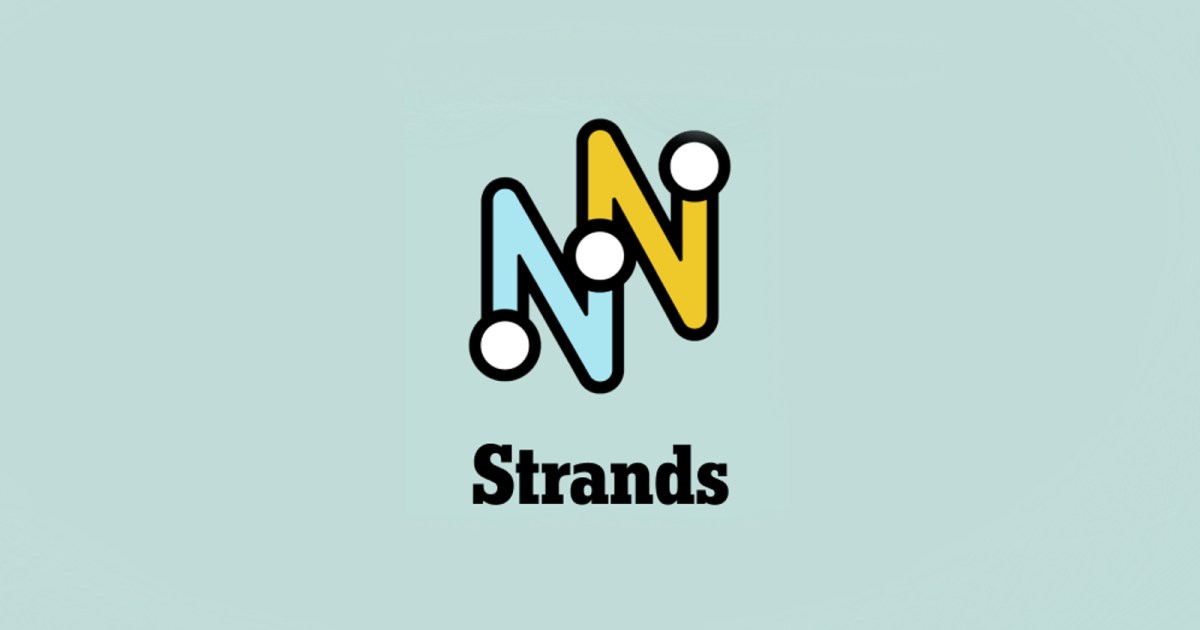If you’re an hourly worker, the number of go-to options you have for finding new jobs is shrinking a little. JobGet — a Boston startup that operates an hourly job-hunting site with social features built in, a la LinkedIn — is acquiring Snagajob, one of its rivals in the U.S. market.
JobGet claims this will make it the largest job platform targeting hourly and frontline workers in the U.S., covering 100 million people.
But to be clear, those are not its number of users: JobGet does not disclose how many active users it has, except to say that it is working with tens of thousands of customers and has helped secure millions of jobs. Snagajob says it has 3.6 million monthly active users and has filled 40,000 jobs from 14,000 employers.
The financial terms of the deal are not being disclosed. But for some context, JobGet was last valued at $440 million, per PitchBook data, when it raised $52 million in 2022. The database notes that it also raised some money this month, an undisclosed amount from Flow Capital, although JobGet disputes this. Flow and JobGet were already acquainted: In June of this year, JobGet acquired a recruiting software provider in Flow’s portfolio called Wirkn, also for an undisclosed sum.
The picture is a little cloudier for Snagajob. The company — which has been around for 25 years (yes, dating to the first dot-com boom) — had raised a whopping $387 million all told from investors that include StarVest and Rho Ventures. But its last valuation of $178 million on PitchBook dates from a decade back, so it’s not clear at all how that relates to what it is worth now.
As for why it has now sold up to JobGet, it’s likely a part of the inevitable consolidation in the space.
In the last several years, we’ve seen a flurry of activity among tech companies to build social, recruitment, and management tools targeting hourly workers.
Both Teams from Microsoft and the now-defunct Workplace from Meta have pitched their platforms as tools for waged workers, partly to differentiate them from Slack. Alongside them, dozens of startups — they include JobGet — have launched and raised tens of millions of dollars (recent examples: $28 million for TeamBridge; $8.5 million for Bandana; $85 million for Fountain; $175 million for Wagestream) to target the frontline, waged, and hourly worker opportunity.
That spells an overcrowded, and probably over-capitalised, market, especially at a time when suddenly the whole game may be changing with AI, and funding for later-stage rounds is just not as robust as it used to be.
That also means more companies combining to get better scale around the technology they are investing in.
JobGet, in keeping with the LinkedIn analogy, has a focus on social mechanics and describes itself as built “for the needs of the TikTok generation.” One of its features is “JobGenie”, which it likens to a For You Page that uses AI and other tools to personalise job recommendations to users. It also has built instant interview scheduling and other features to cut down the time between discovering an opening and securing a new position.
“With access to the resources on JobGet’s platform, Snagajobs job seekers and employers will continue to have a best-in-class experience and make meaningful employment connections,” added Keith Forshew, CEO of Snagajob. Notably, Snagajob’s users seem to fit well with JobGet’s TikTok remit. Its trending searches include a number based on jobs for teenagers.
“JobGet was founded to address a real, urgent need: the challenge that everyday workers face in finding jobs and that employers face in finding quality candidates,” said Tony Liu, founder and CEO of JobGet, in a statement “With Snagajob as part of our platform, we are furthering our mission to create accessible pathways to employment for everyday workers while empowering employers to connect with quality candidates instantly and efficiently.”




















 English (US) ·
English (US) ·